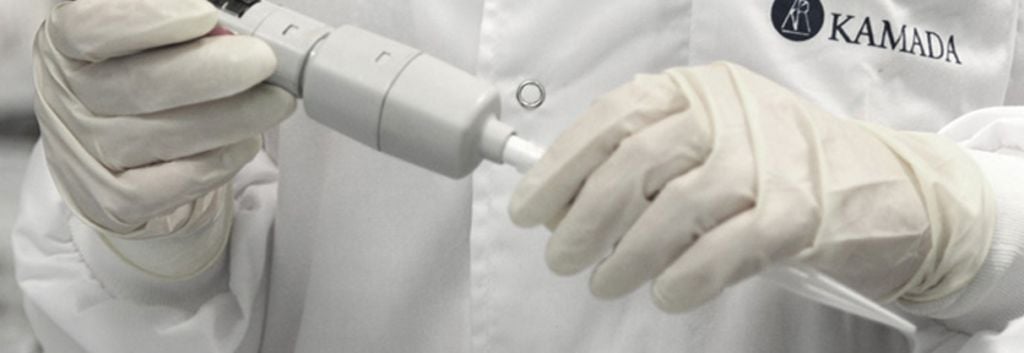Newsletter Signup - Under Article / In Page
"*" indicates required fields
The Israeli biotech Kamada and Baxalta, Baxter’ subsidiary will jointly co-fund a trial test to find out whether Kamada’s candidate is capable of preventing lung transplant rejection.
Kamada, a plasma-derived protein therapeutics company focused on orphan indications, will carry out a Phase I/II clinical trial of its candidate alpha-1 antirypsin (AAT). The protein was already approved for AAT deficiency, a rare disorder, back in 2010 where Baxter saw its opportunity to acquire the drug’s commercial rights. The company marketed AAT in the States, Canada, Australia and New Zealand in exchange of €158,5M.
Since then, the two companies have signed different agreements on the same molecule. This time, under the agreement, Baxalta will collaborate in the development and funding of the study, which will be conducted in Israel. The study is expected to start in the first half of 2016.
Lungs have the highest rate of rejection amongst transplanted solid organs. The achievement of AAT’s proof-of-concept would not only be great news for patients, but also quite a boost for Kamada, whose attempt of verifying its inhaled candidate for other indications missed its goals in a clinical trial last year.






